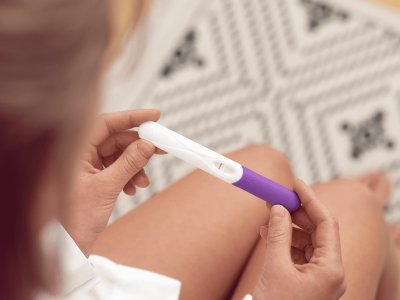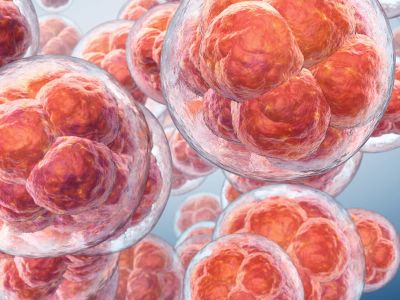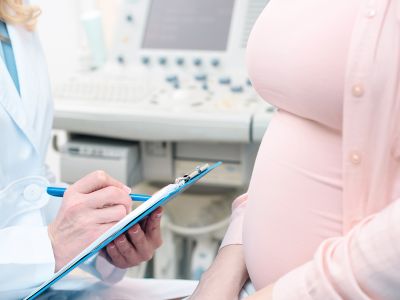A healthy diet is related to all the organs of the body and to all aspects of our life. We’ve discussed how it prevents the cancer or the Alzheimer, how it protects the brain, how it prolongs the life… it is obvious that the sperm couldn’t be the least.
Though in men the most common cause of infertility is a low count of sperm (oligozoospermia) or a low motility of the sperm, the specialists assure that most of theses problems are due to changes in the usual alimentary habits and in the lifestyle
A study o f the ASRM showed that 83% of the infertile men had a low intake of fruits and vegetables (less than 5 portions) compare to fertile men.
The essentials nutrients to keep the sperm healthy are:
Folic acid: its deficiency affects the number and motility of the sperm. Folic acid is abundant in vegetables, legumes and whole-grain cereals.
Zinc: it’s a mineral essential for the function of the male reproductive system since it’s important for the correct development and growth of the sexual organs. Both the quality and the motility of the sperm are directly related to the zinc levels of the body. It’s present in pumpkin seeds, sea-food, liver, meat, fish, eggs, milk, legumes and nuts and dried fruit.
Vitamin C: given its antioxidant properties it helps the detoxification of some heavy metals like plumb or cadmium, something that improves the sperm quality and count and the function of the sexual organs. Fruit and vegetables contain high levels of vitamin C.
Selenium: directly associated to the male reproductive function, it takes part in the testosterone production and improves the sperm motility and count. It’s present in whole-grain cereals, dried fruit and seeds.
Vitamin E: due to its high antioxidant properties counteracts the harmful effects of the free radicals in the motility of the sperm and overall quality of the semen. Wheat is the main natural source of vitamin E, which is also present in dried fruits and virgin olive oil.
Vitamin A: protects the cells of the male reproductive system against the premature aging due to free radicals. It improves the fertility since it takes part in the production of steroids, the base of the sexual hormones. Butter, milk, eggs and liver contain high levels of this vitamin. It’s also present as a beta-carotene (vitamin A precursor) in carrots, pumpkin, apricots and in most of the vegetables.














